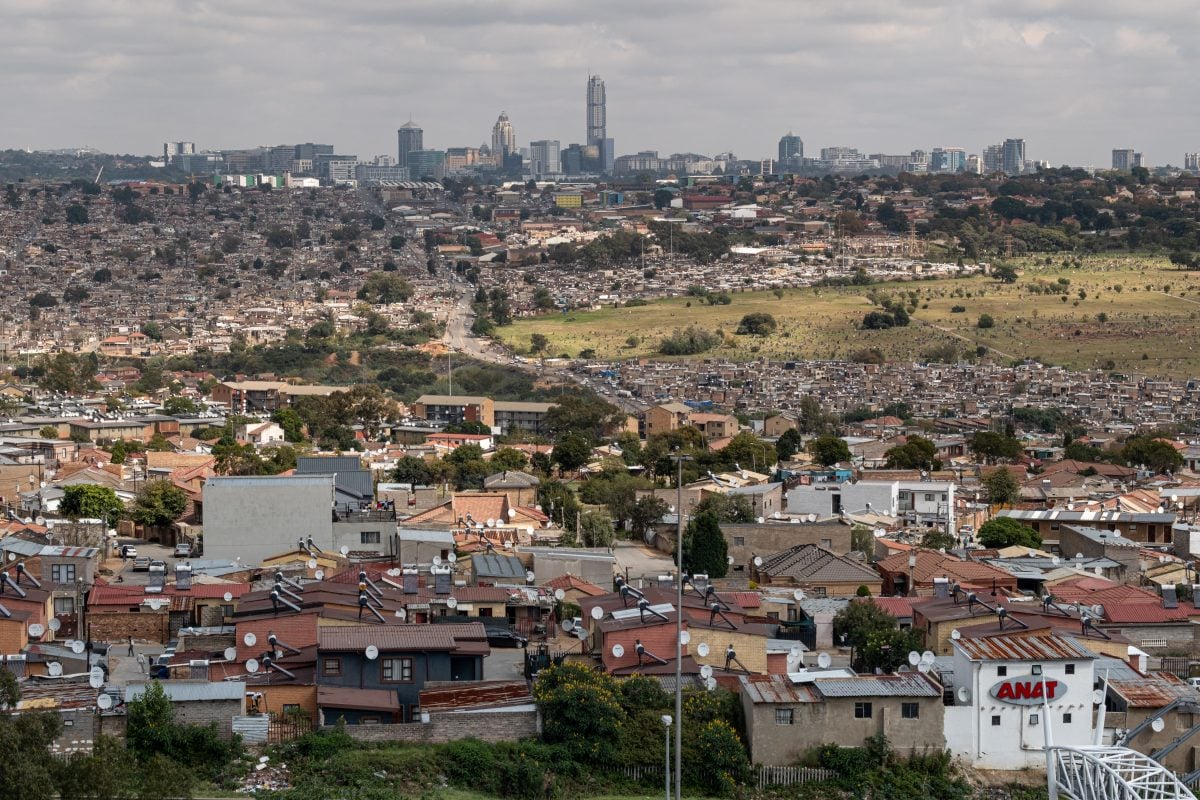South African companies continue to dominate our table of the Top 250 African Companies despite the country’s weak economic growth over many years. South Africa’s growth outlook has been further tempered by the threat of US tariffs. US President Donald Trump initially unveiled a 30% tariff on South African goods imported into the US, but that has been replaced with the 10% universal tariff levied on all countries pending a 90-day review.
However, relations with the US have gone from bad to worse in recent months. Secretary of state Marco Rubio refused to attend a G20 foreign ministers meeting in Johannesburg; South African ambassador to Washington DC Ebrahim Rasool was expelled; and Trump has continued to assail Pretoria over its limited plans for land reform. While South Africa has appointed the respected Mcebesi Jonas as special envoy to smooth over relations, the direction of travel – combined with the likelihood that Trump will not revive the soon-to-be-expired tariff-free African Growth and Opportunity Act that Pretoria has long-enjoyed access to – means that South African companies are not likely to receive a warm welcome in the US anytime soon.
The 20 biggest South African companies are also ranked in the continental Top 30, with 16 of them among the continent’s 18 biggest listed companies. There are some signs of recovery in South African corporate values this year as the country’s government of national unity (GNU) bids to improve the economy. Many successful South African companies are also exposed to multiple African markets.
We have produced separate tables for Southern Africa including and excluding South Africa, because the Top 20 companies in the region are all South African. A separate table allows us to consider companies based in the rest of the region.
The threshold for inclusion in our South African table has increased from the $4.9bn valuation of Sasol in our 2024 table to $5.1bn for Pepkor Holdings in this year’s rankings, suggesting some recovery in the country’s strength in corporate depth. This is underlined by the total value of the South African companies listed in our Top 250 increasing from $304bn to $358bn over the past year, although they have not quite recovered to the $375.4bn recorded in 2023.
The biggest South African companies come from many different industries, including banking, insurance, mining, telecoms, internet and software services, retail, restaurants and investment management. Morocco is the only other African country with as wide range of big companies. While both Morocco and South Africa have large raw materials sectors, both use their natural resources to benefit their wider economies.
To view the full list of Africa’s Top 250 Companies 2025 click here.
Company focus: Standard Bank
South Africa’s Standard Bank is the third biggest company in our listing, with a rise in market value from $16.4bn last year to $21.6bn in this year’s table. Speaking in March, CEO Sim Tshabalala said that the bank’s growth was based on improving economic headwinds across the Sub-Saharan African countries in which it operates. By expanding into so many different countries it has been able to spread the risk of downturns in any particular market and counter ongoing weak growth in its domestic market.
Standard Bank is also opening a representative office in Egypt, to “enable us to better support our clients who are already active in North and East Africa, who are using Egypt as their base for multinational operations in Africa and who are trading along the Africa-Gulf Cooperation Council Corridor,” said Tshabalala. The bank expects increased investment in infrastructure and more stable currencies in Africa this year.
This pattern of expanding across the continent has driven the growth of South Africa’s largest banks, as well as their counterparts in Morocco and Kenya. Not only will this strategy help facilitate greater trade volumes through the African Continental Free Trade Area (AfCFTA), it should also encourage other banks to follow the same policy, boosting competition in the process.
This strategy is also welcomed by Africa’s multilateral lenders, with the African Development Bank and Standard Bank sealing a $200m trade finance risk participation agreement in December to help it scale up trade finance for local banks to support small and medium sized enterprises (SMEs). This will be complemented by Standard Bank’s own R3.6bn ($194m) social bond to provide matching support for SME lending initiatives. Trade finance has struggled in recent years because of constraints in South Africa but also the wider withdrawal of Western banks from the African continent.
Want to continue reading? Subscribe today.
You've read all your free articles for this month! Subscribe now to enjoy full access to our content.
Digital Monthly
£8.00 / month
Receive full unlimited access to our articles, opinions, podcasts and more.
Digital Yearly
£70.00 / year
Our best value offer - save £26 and gain access to all of our digital content for an entire year!

 Sign in with Google
Sign in with Google 



